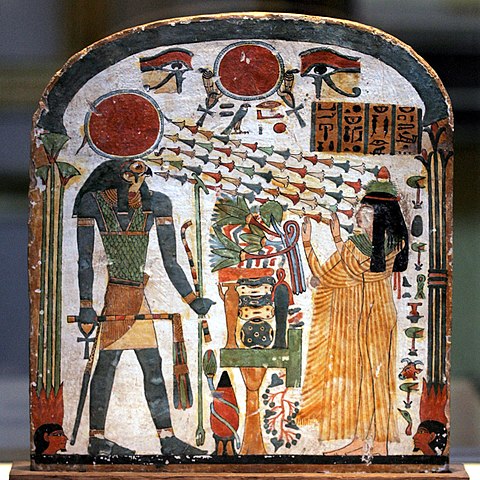Anywho, it's a good refresher on both depression and hypomania (I have Bipolar II Disorder, where you don't get full-blown mania, thank goodness). For example: "... it is unusual to find a depressed patient who is sleeping well." Having trouble getting to sleep, waking frequently during the night, and what I call the "early morning wake-up call", where you wake up at ridiculous o'clock but can't get back to sleep - all too familiar, and compounded in my case by sleep apnoea and medication side-effects. (About a week ago I got so fed up with not sleeping that I reduced my recently increased dose of Epilim back down to 500 mg. Instant and almost total cure - though I'm having to take a little Xanax to get my sleep schedule nailed down again.)
"Depression tends to be the problem that dogs manic depressives in the long term... mild but persistent low mood is the commonest mood state that patients experience, so that on average bipolars can find themselves in a recognisably depressed mood state for a third of the time." This is what my shrink calls "sitting low". I believe my mood stabiliser, Epilim, prevents me from reaching my previous hypomanic highs, which I'd come to accept as a normal part of my life after decades; but I may be wrong about that, and it would be dangerous to stop the Epilim while I'm still taking an antidepressant, as multiple awful episodes of uncontrolled hypomania made all too clear.
Most recently we added Allegron to kill the depression that resulted from the hypomania that resulted from jetlag, but once it had done its job, I came back off it: my liver lacks the enzyme to break it down, so it was building up and up in my blood, making me tireder and tireder, giving me an incredibly dry mouth, and making me have odd, existential thoughts (it can provoke schizophrenia-like symptoms in some people). I'm having a DNA test to check the enzyme thing; I suspect it could explain my history of incapacitating sedation on various antidepressants.
Hunt describes a trap I've let myself fall into: doing nothing but work. "Many people who are depressed have brought their range of activities down to the bare minimum - 'just the grind' - and have stopped doing the things that brought pleasure to their lives." In my case that's reading books and watching movies for no purpose other than enjoyment. (I just read Christopher Isherwood's roman a clef Lions and Shadows for no reason other than that I enjoy his writing, and enjoyed the living hell out of it.) Getting my ass published overseas has become the consuming purpose of my life. It keeps me going when nothing else does, but as this last week showed, it can be a miserable 'grind' when I'm too exhausted or burned-out to attend to it. I need a better balance.
The book also mentions SAD, Seasonal Affective Disorder - depression in winter, mania in spring. I think there may be a little of this in the mix: I associate the change of the seasons, spring and autumn both, with feeling "high". Though I no longer see God when I see bougainvilleas, which is a shame.
Fair bit more of the book still to go.




